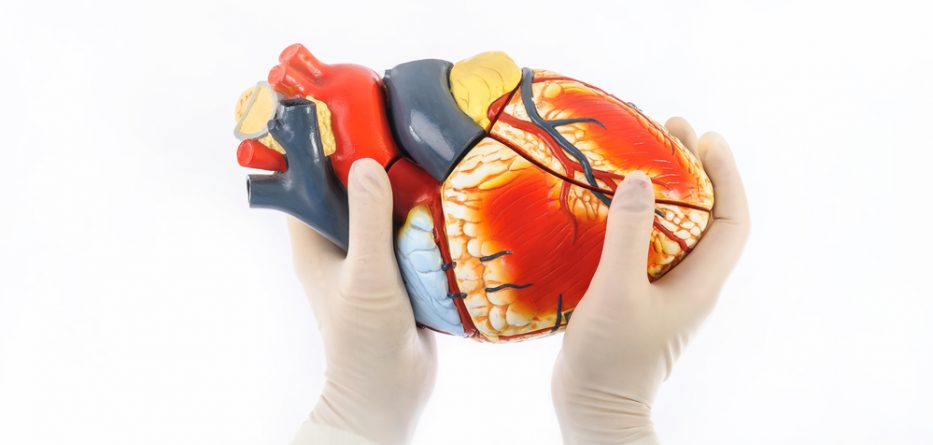The traditional treatment for preventing stroke caused by atrial fibrillation (AFib or AF) has been and -type drugs, which are anticoagulants. has been used to prevent blood clots for over 70 years in patients. For a long time, -type drugs were the only form of anticoagulant available. Now, however, more options are becoming available.
Four common anticoagulant alternatives to are (), (), (), and (). These alternatives are direct oral anticoagulants and do not require the frequent blood tests that are required for . They also don’t interact with as many common foods as does.
Because these anticoagulants prevent blood clots, there is an increased risk of bleeding while on them. The same goes for . However, they will be prescribed when the benefit of reducing the risk of stroke outweighs the risk of bleeding.
Only does have an antidote to deal with the bleeding that may happen. Praxbind (idarucizumab) acts to quickly reverse the bleeding. For those anticoagulants that don’t have such an antidote, other blood clotting methods will be enacted to stop the bleeding, such as putting proteins in the blood that can help it to clot.
In clinical trials, these new anticoagulants were shown to be just as effective as —if not more—in lowering the risk of stroke in patients with AFib. The newer anticoagulants were also shown to lower a patient’s risk of bleeding in the brain when compared to .
Another way to prevent blood clots from forming is through a minimally invasive procedure called an LAAC. This is where the left atrial appendage (LAA)—a pouch thought to cause a majority of blood clots that end in stroke—is blocked by a small device. The device is inserted through a patient’s vein and hooks into the LAA, disallowing blood from entering it, meaning that blood clots won’t be able to form there. The Watchman is currently the only LAAC device approved by the FDA.
The use of an LAAC device doesn’t increase the risk of bleeding elsewhere in the body like anticoagulants do and has been shown to be just as effective in preventing stroke.
Speak to your doctor to determine what would be the right treatment for you.
Featured image: NunoMt via DepositPhotos
Posted on March 24, 2023



